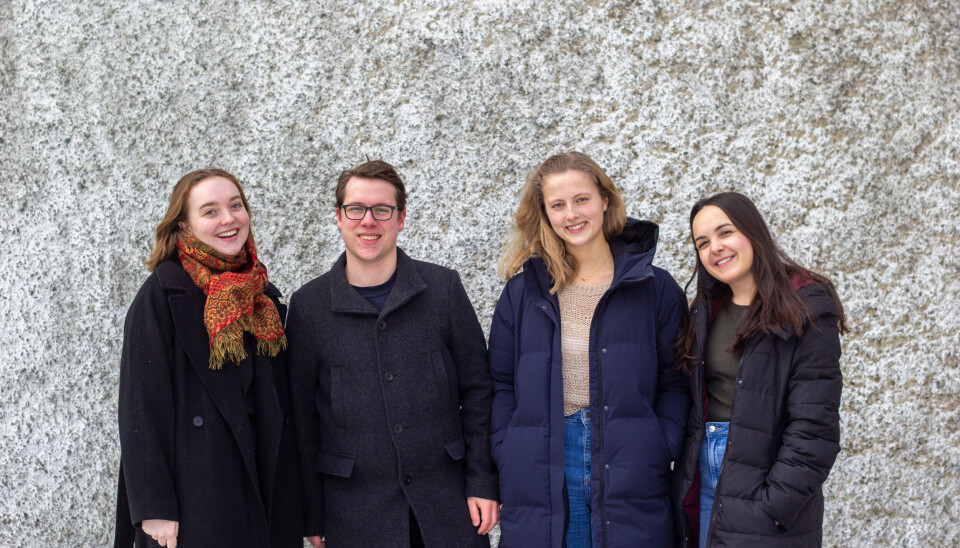
Hoping for a physical festival in 2023
– If we don’t have the same perception of reality, it will challenge democracy in a completely different way than what we have noticed before, says ISFiT president.
– We’re taking with us many good experiences from having a digital festival. Corona probably won’t be gone next year, and that will influence how we run the festival. Even though the restrictions here in Norway are gone, it doesn’t mean that the rest of the world is done with the pandemic, says ISFiT president Åse Håtveit.
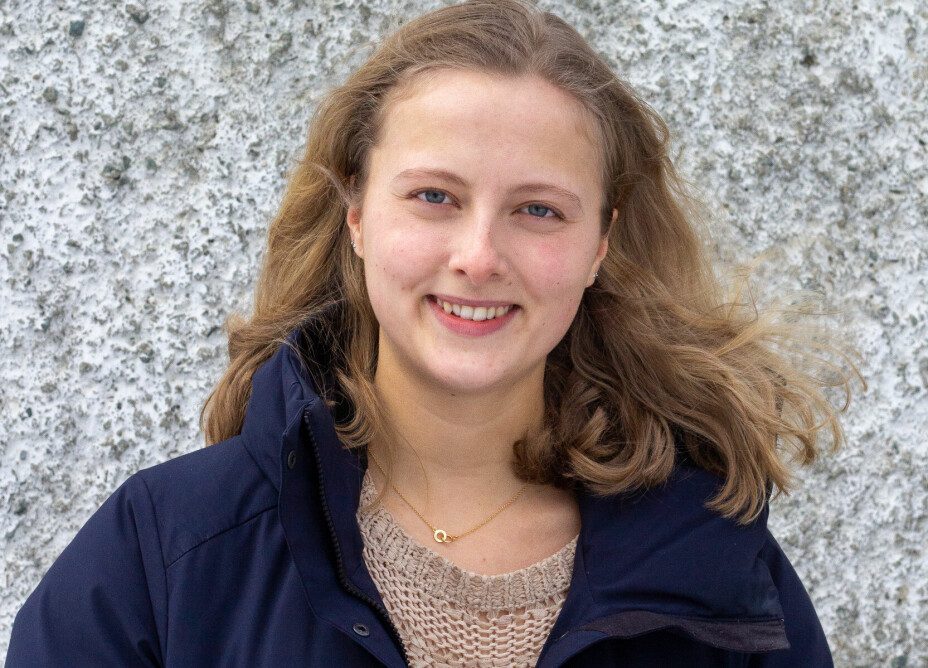
She is planning for a physical festival next year, but with the possibility of digital events.
The student festival has been organized every other year since 1990, but due to the corona crisis, it went digital in 2021. There were ten days of free events available to everyone. During the festival, fifteen different workshops were arranged with about 150 participants in total. They were able to holdt dialogue groups with students from Poland and Hungary, where they first met digitally and later in the year they were invited to Trondheim to participate in a physical dialogue seminar for ten days
Find yourself in someone else
Håtveit wants to put the spotlight on something that is current, and that’s how she decided that the theme for ISFiT 2023 is to be polarization.
– The idea is centered around differences and increasing inequality. There is a bigger distance between people nowadays. We can for example see this in politics. There is a lot of inequality that technology in particular is helping to create. Echo chambers and algorithms are deciding which news you get, making your news stream completely different from others. Your own little chamber: Your image of the world is completely unique. How can we then get together to move the world forward? the leader asks.
Håtveit emphasises that the corona crisis may have exacerbated these inequalities.
– We have never spent more time in front of the computer than we do today. Stepping out of this echo chamber is important. If we don’t have the same perception of reality, it will challenge democracy in a completely different way than what we have noticed before. The difference between poor and rich, city and country, polarization and identity, are examples of topics we will address, says Håtveit.
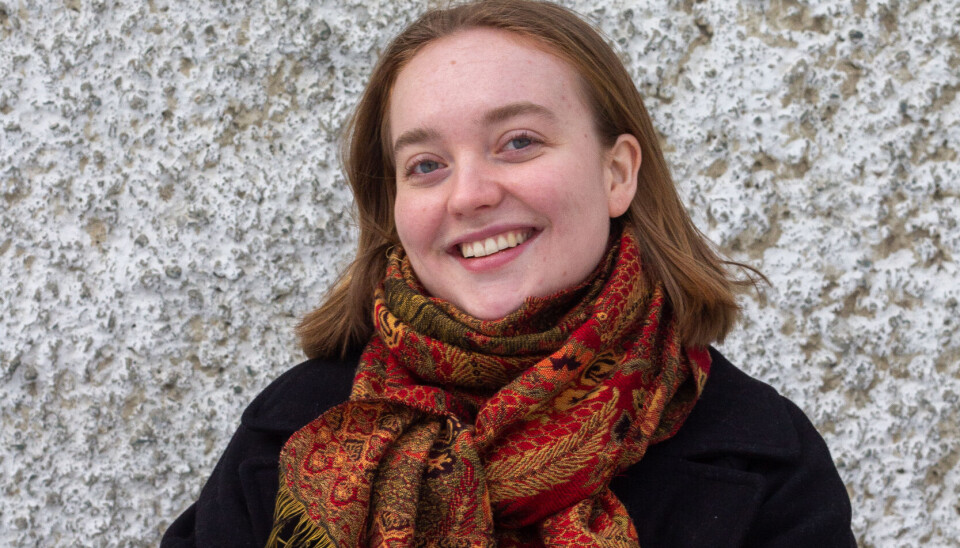
ISFiT emphasises that the participants at the festival must come up with solutions to problems that they experience in the countries they come from and from their universities. They believe that the best way to do this is through dialogue and building networks between countries. They do this by gathering students with different ethnicities, cultural, religious or political backgrounds.
- Didn’t get to influence the city as he should have
Leader of the Students Peace Prize, Mathea Mohn, agrees with Håtveit, and believes that there should be a bigger focus on communication between people.
– ISFiT's vision is «find yourself in someone else». In other words, the idea that no matter how different a person’s opinion is from your own, there’s still another human behind it. One must find what unites us rather than constantly looking for what it is we disagree on. We want to get people to talk to each other, instead of talking past each other.
Mohn agrees that the festival shines better when it’s held physically.
– During ISFiT 2023, it will be four years since the last time the festival was held physically. In 2021, it went under the radar and did not get to influence the city as it should, she says.
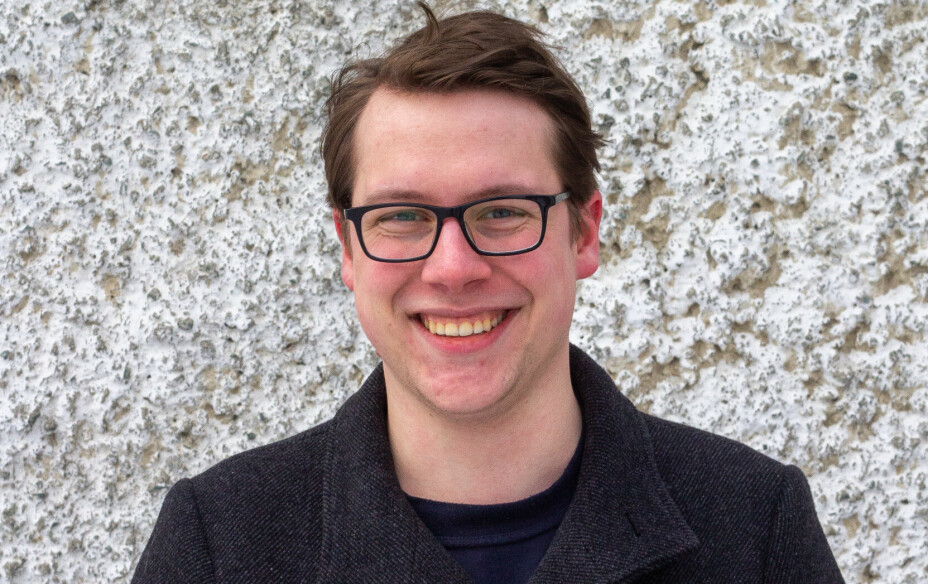
All participants plan to stay with both students, host families in Trondheim, and others who live in the city. As with the previous festivals, there will be several events held in external venues. Therefore, the festival will affect the city in a special way. Håtveit believes that the next festival will be a completely different experience.
– ISFiT23 will be a festival for the peoplel! We need to gather students now more than ever, and give some spark back to the cultural scene after the corona. We need festivals, debates and dialogues, says Mohn.
She also says that current topics aren’t just for a small elite, but also something students should actively take part in. As leader of the Students' Peace Prize, Mohn sees the importance of the students getting involved.
– Students are often at the frontlines, and revolutions often start with students. A lot of times, students are not taken seriously, but only seen as immature activists who shouldn’t have a seat at the negotiating table during peace processes. We want to shed light on the fact that we are not only the leaders of the future, but also of today.
A city for volunteer work
Trondheim has been named "Europe's volunteer capital 2023". That might not be surprising, seeing as about 75 percent of the inhabitants of Trondheim are engaged in voluntary work. It is the Center for European Voluntering that’s given the city this title. The center consists of a European network with over 60 organizations that work with and for volunteering. Among other things, they emphasised the city's impressive degree of social inclusion and engagement for young people, including students.
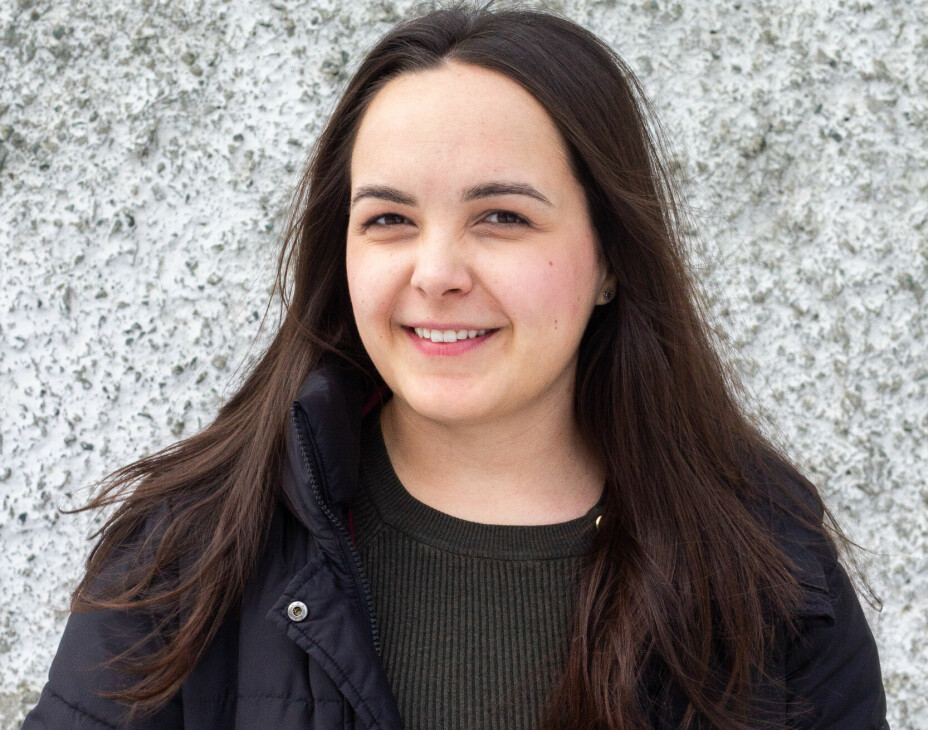
ISFiT is a festival created by volunteers, and they are now in the middle of their recruitment period. At the end of the semester, ISFiT will accept as many as 450 to 500 new volunteers from all over the world to work together and create the festival. Head of economics Frederick Nilsen says that volunteering definitely is worth both the time and energy. He appreciates the social aspect one gets from volunteer work, but also what one can learn from having a role in ISFiT.
– Not only is it social, but it is also about learning new things and jumping into things you have not tried before, he says
Head of recruitment Aleksandra Simic comes from Serbia and is taking her master's degree in Trondheim.
As a non-Norwegian student, she was looking for an organization where she could contribute, but at the same time speak English. There are many student organizations in Trondheim, but due to the language it has been more difficult to find one where she could fit in. When she learned that ISFiT was an international festival, and heard from others about their experiences, she decided that it was something she had to try. Simic is very happy with the student community and feels welcomed by ISFiT.
– I feel very safe and included among the students here. There is, of course, a barrier, and that is the language. But everyone is very good at speaking to me in English so I feel like I can be part of everything, she says

































